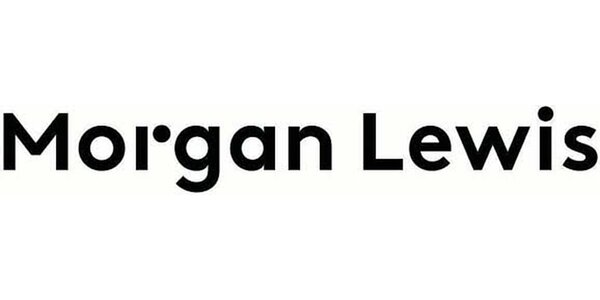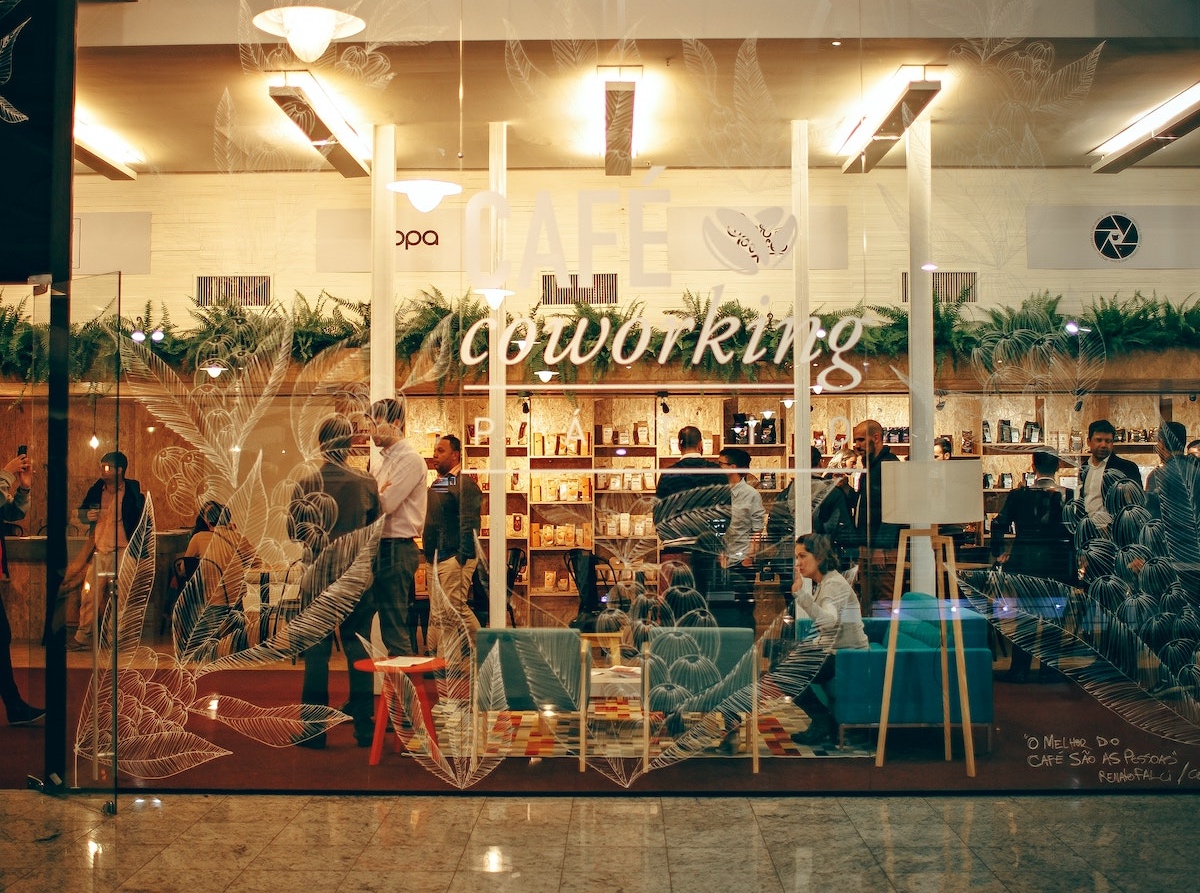
This editorial article draws from an event underwritten by Morgan Lewis, a Technical.ly Ecosystem Builder client. Morgan Lewis did not review it prior to publication.
Expanding where a Philly founder hires from impacts the “Philly vibe” of their company, he said.
“We’re looking all over the country, and in some cases the world, and I don’t know if that’s a net positive or net negative for us,” said Frick, who runs smart cutting board startup BLOK as well as Wayne-based wellness technology company Husk. “The idea economy is originating from here, but oftentimes we’re bringing these jobs to other locales. I don’t know how that plays out over the course of the next handful of years for the health and vibrancy of Center City Philadelphia.”
Where tech companies work, and how they hire, has been a regular question across these past three years of the COVID-19 pandemic. We at Technical.ly even dedicated a month of our 2022 editorial calendar to the question, “What does local mean now?”
As we pass the third anniversary of lockdowns’ start in the United States and approach the end of the country’s official public health emergency, Technical.ly convened founders of Philly’s RealLIST Startups 2023 at an in-person stakeholder meeting earlier this month to discuss the current state of hiring, workplace culture and more.
Is hiring Philadelphia-based people a priority for Philadelphia-based business leaders? And how does a startup’s work modality — remote vs. full-time office vs. hybrid — impact how it hires? Here’s how a handful of local founders are thinking now, in March 2023.
Does location matter in hiring?
Ted Mann, founder of CollX, said for his past companies (which include Slyce and SnipSnap), it was a point of pride to build a team based in a Center City office. But that physical space isn’t a priority for him anymore.
Aaron Vontell launched Regression Games, an AI-focused gaming company, in 2022, and he said he didn’t strongly consider having an in-person office at that point. Thus, when it comes to hiring, he doesn’t care where applicants are based because the company is remote. But at some point, he would like to open some “hubs in different cities” for in-person work.
“When I moved to Philly, I wasn’t really thinking about looking at Philly too much” for hiring, said Vontell, who moved to the area in early 2022. He assumed the tech talent pool was small, especially for software engineers. Now, though, “I’m sure that’s not the case.” (Indeed, it’s not: As of early 2022, software jobs represented the majority of tech positions in the region, with about 35,000 workers.)
Nicole Lipkin, founder of HeyKiddo, said her team is very tight knit, despite being spread out geographically. It’s less important to her where someone is located, compared to how well they fit in with the overall culture, and their passion for the mission.
“The only way this works because it is such a labor of love every single day,” she said of the company that makes an app to help parents navigate support for their kids’ mental, social and emotional health. “So it does matter who’s coming on to the team. It doesn’t necessarily matter where they are.”
Effects on company culture
Workplace culture is also a question of workplace modality.
Some remote and hybrid startups with local employees are testing different methods of collaborative work. Felicite Moorman, cofounder of BOSS.tech, said her company recently hosted an in-person working day, and employees reported they were more productive and enjoyed being together. They’re considering working IRL once a week in the future. Mann said CollX had recently done the same, and while they employees said they liked meeting in person, they weren’t as interested in doing it every week.
Anthony Wehbe, the physician founder of Sena Health, said he’s always been focused on building a good culture at his two-year-old company. He said he’s hired through his network in Philadelphia and South Jersey, and Sena tried a coworking space, but despite his team being local, there’s not much appetite for in-person work.
Frick doesn’t think the fully in-office work setting will ever come back. Being in a cool office generally has not been a priority in the people he interviews for roles, he said; benefits and flexibility are. (Wehbe agreed, especially regarding healthcare and medical benefits.) However, people do care about regular get-togethers with the whole team. He’d like to see someone figure out the best way to foster in-person connection in a way that’s flexible and doesn’t cost thousands of dollars for a company retreat.
And Ryan Buchert, cofounder of BOSS.tech, said they won’t hire people who can’t regularly get to one of the companies’ offices — one in Philly, one in Costa Rica — because if they can’t get to in-person team activities, it’s harder to build culture and connection that helps improve productivity when they work remotely.
_
What do you think? What are the pros and cons of remote work? What’s hiring like for your company right now? Email philly@technical.ly to share your thoughts.
Sarah Huffman is a 2022-2024 corps member for Report for America, an initiative of The Groundtruth Project that pairs young journalists with local newsrooms. This position is supported by the Lenfest Institute for Journalism.Join the conversation!
Find news, events, jobs and people who share your interests on Technical.ly's open community Slack

Philly daily roundup: Earth Day glossary; Gen AI's energy cost; Biotech incubator in Horsham

Philly daily roundup: Women's health startup wins pitch; $204M for internet access; 'GamingWalls' for sports venues

Philly daily roundup: East Market coworking; Temple's $2.5M engineering donation; WITS spring summit


